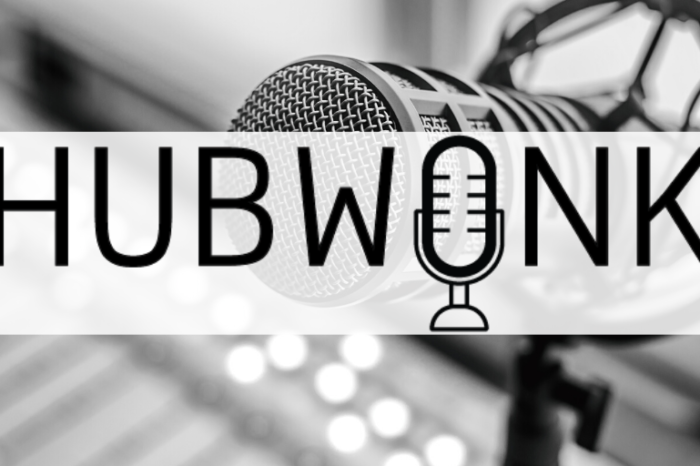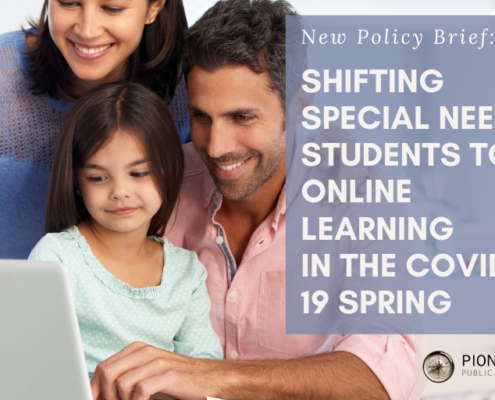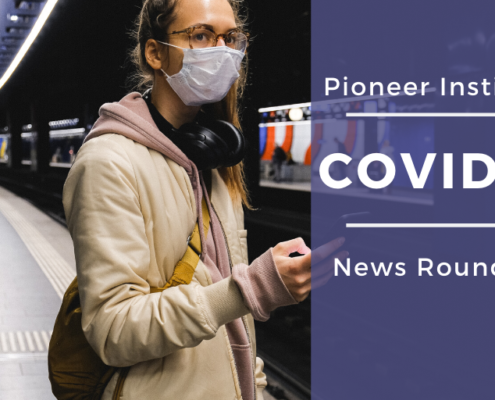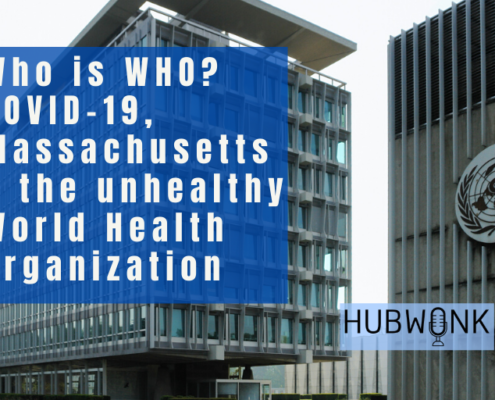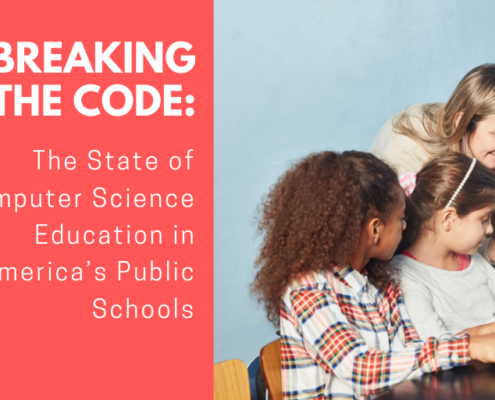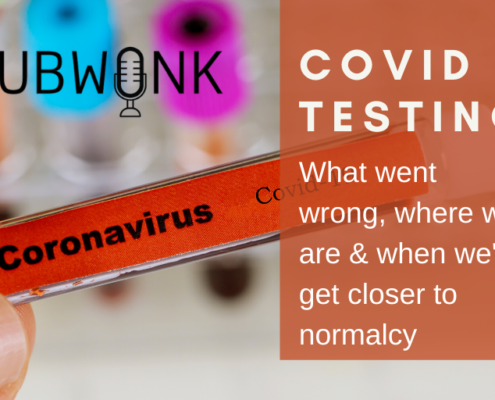Pioneer Institute Launches Its New Policy Podcast, “HubWonk”
“HubWonk” to Air Weekly on Tuesdays at 11 am
Boston – Pioneer Institute is pleased to announce the launch today of a new, weekly podcast called “HubWonk,” covering timely topics, with insights and in-depth interviews on the issues that affect our quality of life, ability to prosper, and liberties.
“Now more than ever, the Bay State needs to think hard and have real in-depth conversations about how to move the state and country ahead,” said Jim Stergios, Executive Director of Pioneer Institute. “Each week HubWonk will be a must-listen. During the COVID-19 pandemic, we will bring our audience leading thinkers and practitioners in the fields of medicine, the life sciences, public health, education, state and local agencies, and other key players as we claw our way out of this.”
Joe Selvaggi will co-host HubWonk with Pioneer senior staff and research fellows. Together, they will interview guests and explore topics in the kind of detail that is aimed at building knowledge and helping inform listeners on matters of intense public interest.
In HubWonk’s first episode, Joe Selvaggi is joined by Josh Archambault, Pioneer Institute’s Senior Fellow in Healthcare. They talk with Dr. Andrew Le, cofounder and Chief Executive Officer of Buoy Heath, a local firm that is using artificial intelligence technology to remove barriers so patients can access healthcare information right in their home during the coronavirus pandemic.
“If there ever was a moment when Massachusetts and the country needed a clear and practical non-partisan voice that is smart and understandable, it is now,” said host Joe Selvaggi. “Pioneer is well known for bringing smart people who argue from evidence to our public conversation and its mission to educate the public. HubWonk is a great opportunity to do just that!”
Joe Selvaggi is a U.S. Navy veteran, entrepreneur, investment professional, former candidate for U.S. Congress, and political commentator. He holds a Bachelor of Science in Engineering from Worcester Polytechnic Institute and a Master of Public Administration from Harvard Kennedy School. He lives in Boston.
Listeners can find “HubWonk” online at Pioneer Institute’s website, as well as Soundcloud, Spotify, Google Play, and Stitcher. They will be able to access it soon via iTunes (Apple Podcasts).
HubWonk is the second podcast produced by Pioneer Institute, which launched “The Learning Curve,” a weekly K-12 education program co-hosted by Pioneer Senior Fellow Cara Candal and Gerard Robinson, that airs on Fridays. It is, today, one of the most prominent education podcasts in the nation.
About Pioneer
Pioneer Institute is an independent, non-partisan, privately funded research organization that seeks to improve the quality of life in Massachusetts through civic discourse and intellectually rigorous, data-driven public policy solutions based on free market principles, individual liberty and responsibility, and the ideal of effective, limited and accountable government.
Get new episodes of Hubwonk in your inbox!
Recent Content

